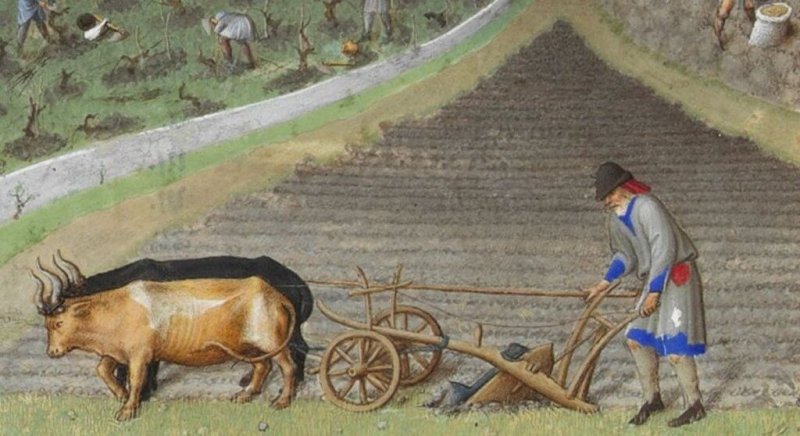There is something especially sinister about telling people that the way to eat healthfully, morally, and sustainably requires more work — especially when slow food really does little to ensure a healthy, moral, or sustainable food system, nor one that treats farm and food-processing labor any better.
In fact, small farms are as likely and maybe more likely to treat workers poorly, and often rely on unpaid family labor to remain productive. It may seem counterintuitive, but larger agricultural producers typically receive greater labor oversight and are more amenable to collective bargaining than smaller producers due to public scrutiny.
The long-term evolution of food systems toward larger-scale, more technological, and less labor-intensive production has been a boon for the environment as well.
Three-quarters of global deforestation occurred prior to the industrialization of agriculture, as low-productivity food systems required not only vast populations to spend most of their time growing food but vast amounts of land.
There is no shortage of environmental consequences associated with our present, increasingly globalized food system. But it also allows 8 billion people to eat more caloric and protein-rich diets, uses land and many other inputs far more efficiently than preindustrial food systems.































